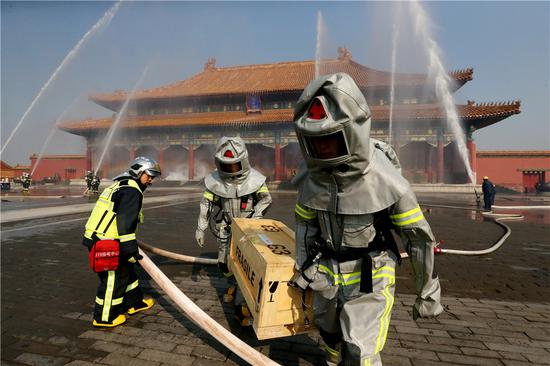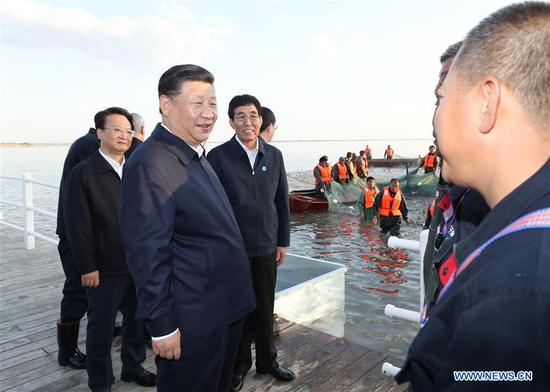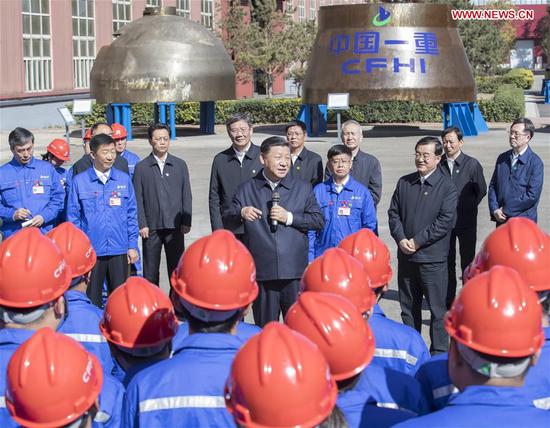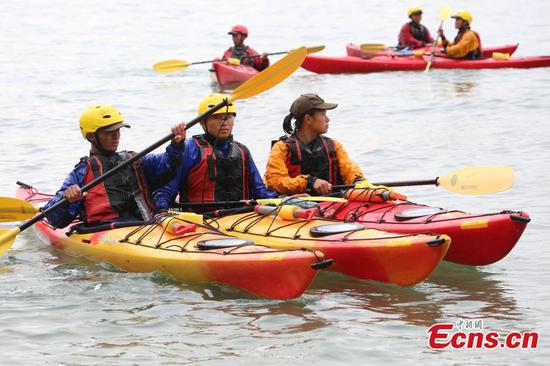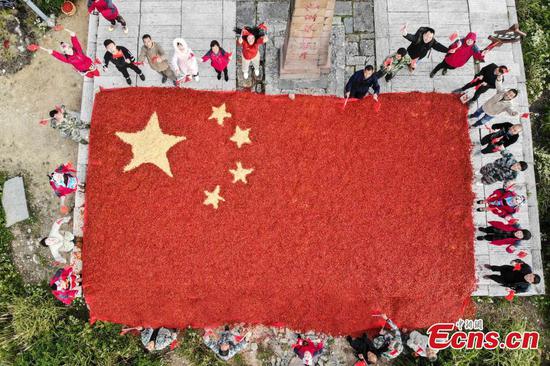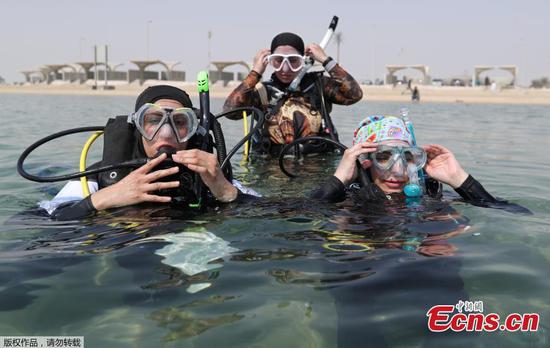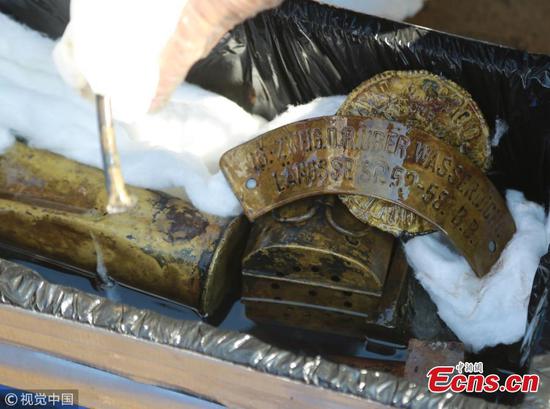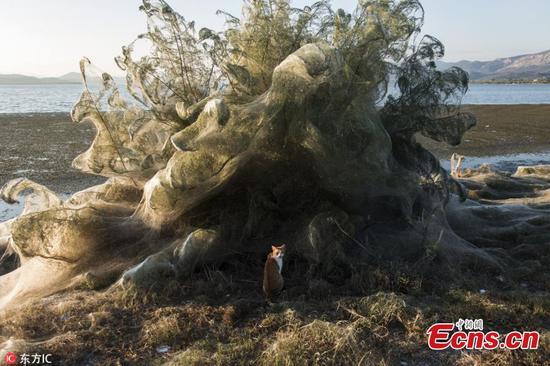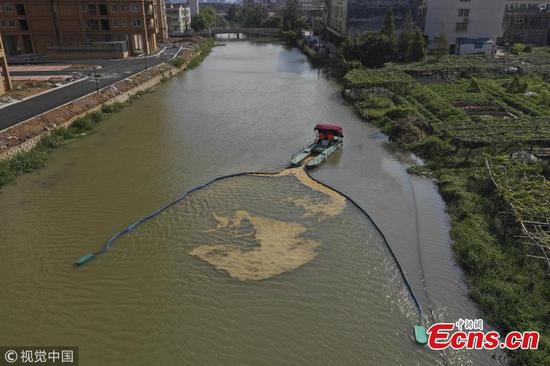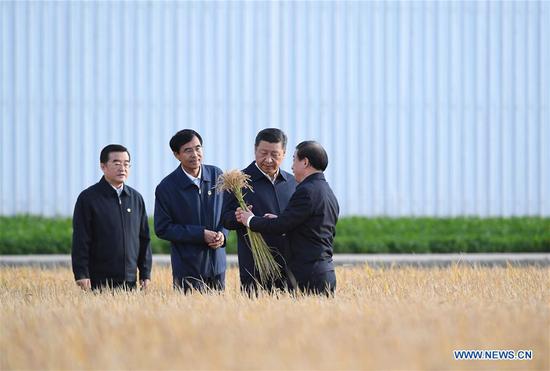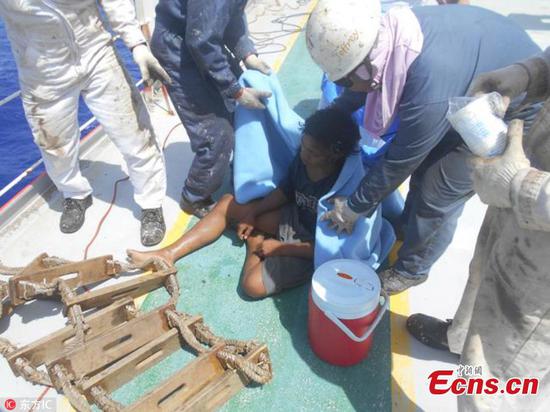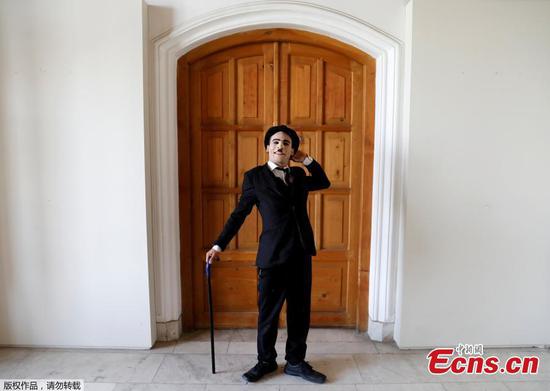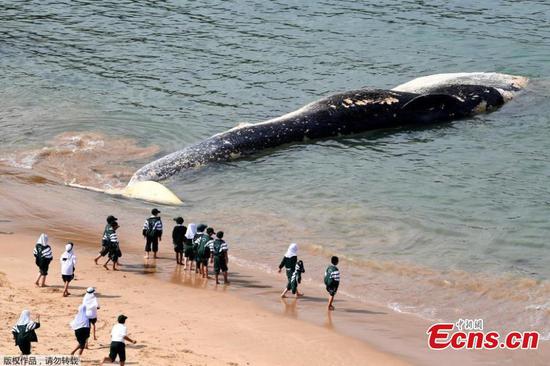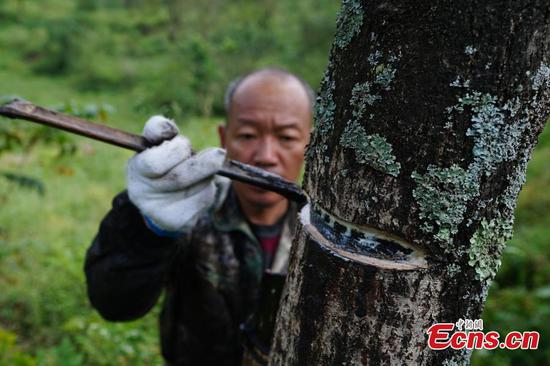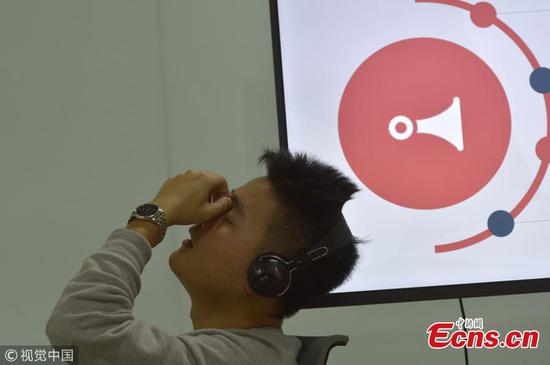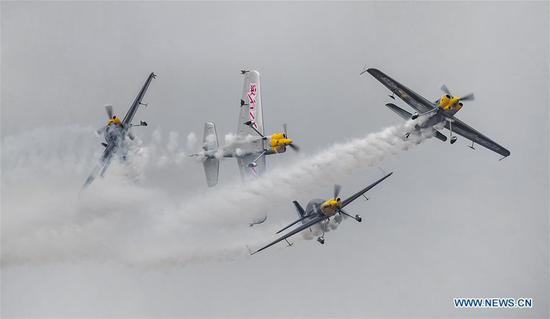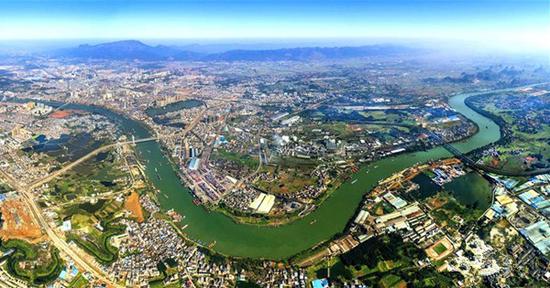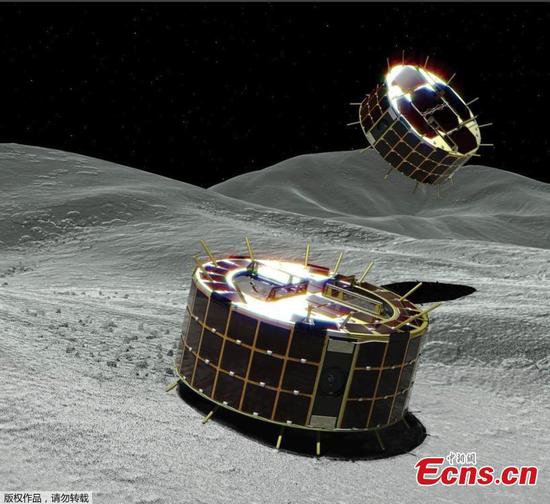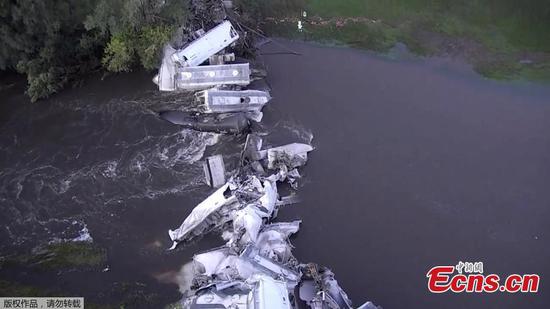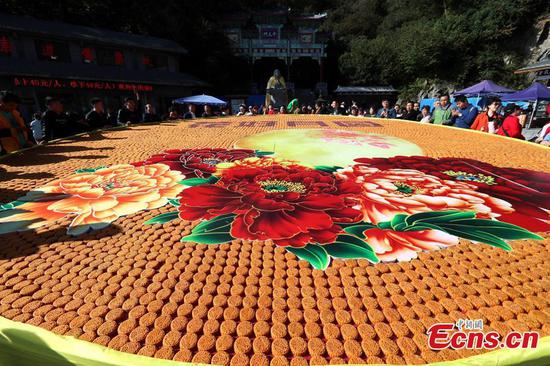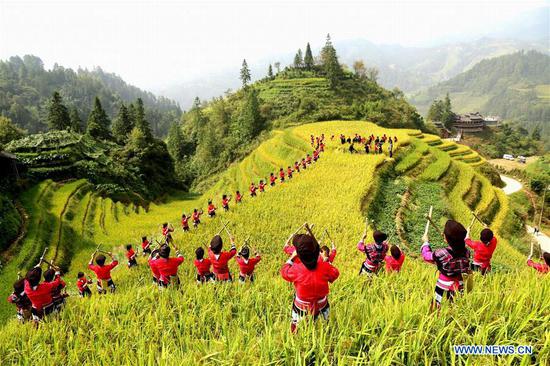United Nations peacekeeping operations have reached a new historical phase and reforms are needed to keep pace with the times, State Councilor and Foreign Minister Wang Yi said on Tuesday.
"This year marks the 70th anniversary of UN peacekeeping operations," Wang said at the high-level meeting on Action for Peacekeeping at UN Headquarters in New York.
"Facing the new context and challenges, it's very meaningful that Secretary-General Guterres has launched the Action for Peacekeeping initiative this year."
Wang stressed that China fully supports the Declaration of Shared Commitments on UN Peacekeeping Operations.
He offered a five-point proposal on UN peacekeeping reforms and improvements.
Reforms of UN peacekeeping must comply with the purposes and principles of the UN Charter, Wang said.
General principles enunciated in the UN Charter, such as respect for sovereignty, noninterference in other countries' internal affairs and the peaceful settlement of international disputes, as well as the basic principles of peacekeeping including the consent of involved parties, must be strictly followed, he said.
He said peaceful settlement of disputes through political means is a fundamental principle of UN peacekeeping.
There is also a need to improve the UN Security Council's mandates to make them more realistic, actionable and focused, Wang said.
It is also important to have a long-term plan for peace, Wang said. Peacekeeping actions need to create a secure and stable environment for host countries, help improve development capabilities and lay solid foundations for eliminating poverty and realizing sustainable development.
Finally, strong partnerships are needed to help support peacekeeping forces, Wang said.
Troop-contributing and money-contributing countries should become a joint force, he said.
China is an active participant in and a firm supporter of UN peacekeeping operations. It has dispatched some 37,000 troops and police to participate in peacekeeping operations, and 21 of them have died on duty.
Wang also said China hopes to reach more consensus with Latin American and Caribbean countries during the sixth round of dialogue of the foreign ministers of China and the "quartet" of the Community of Latin American and Caribbean States on Tuesday.
He said China has always viewed relations with Latin American and Caribbean countries from a strategic and long-term perspective, and promotes cooperation on the basis of equality, mutual benefit and common development.
Over the past five years, President Xi Jinping has visited Latin America three times and met with leaders of almost all countries that have diplomatic relations with China, advancing the China-Latin America comprehensive partnership of cooperation into a new stage of development.
He said that after more than three years of development, the China-CELAC Forum has become the main platform for overall cooperation between China and Latin America, which has provided strong support for the construction of shared future.
As next year marks the fifth anniversary of the establishment of the forum, Wang said China is looking forward to taking the opportunity to work with CELAC to continue to strengthen the forum and contribute to the development of China-CELAC relations.
On Tuesday, Wang also met his counterparts from Russia, Spain, Pakistan and Hungary.
Wang said during his meeting with Russian Foreign Minister Sergey Lavrov that in the current international situation, China and Russia should step up strategic communication and consultation and defend multilateralism, international law and liberalized trade, providing more positive energy to the international community.
Lavrov said Russia is also seeking closer communication and coordination with China in international affairs to jointly defend international fairness and justice.









